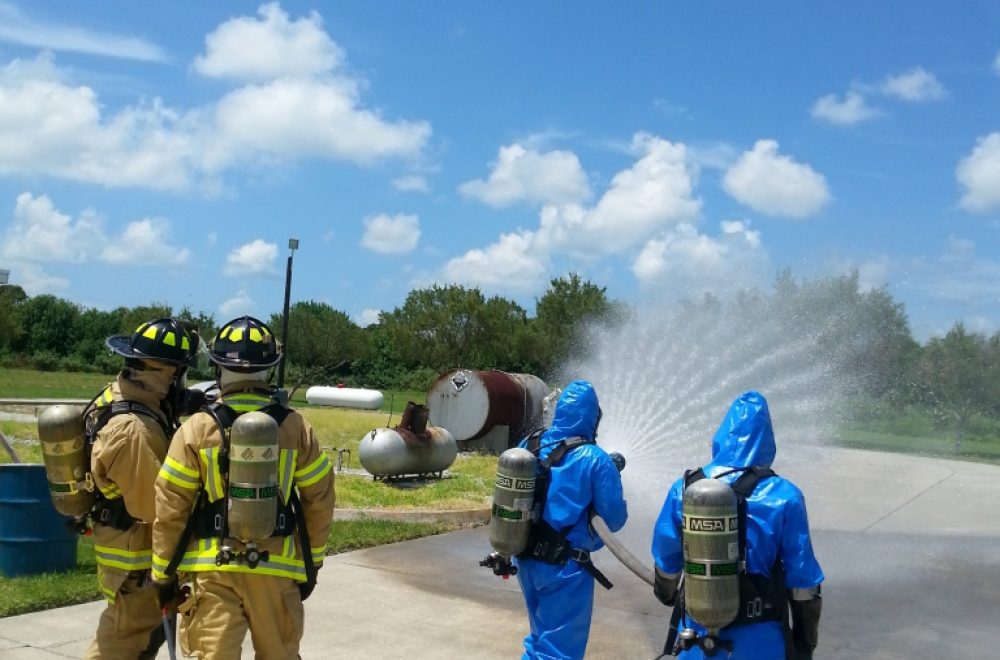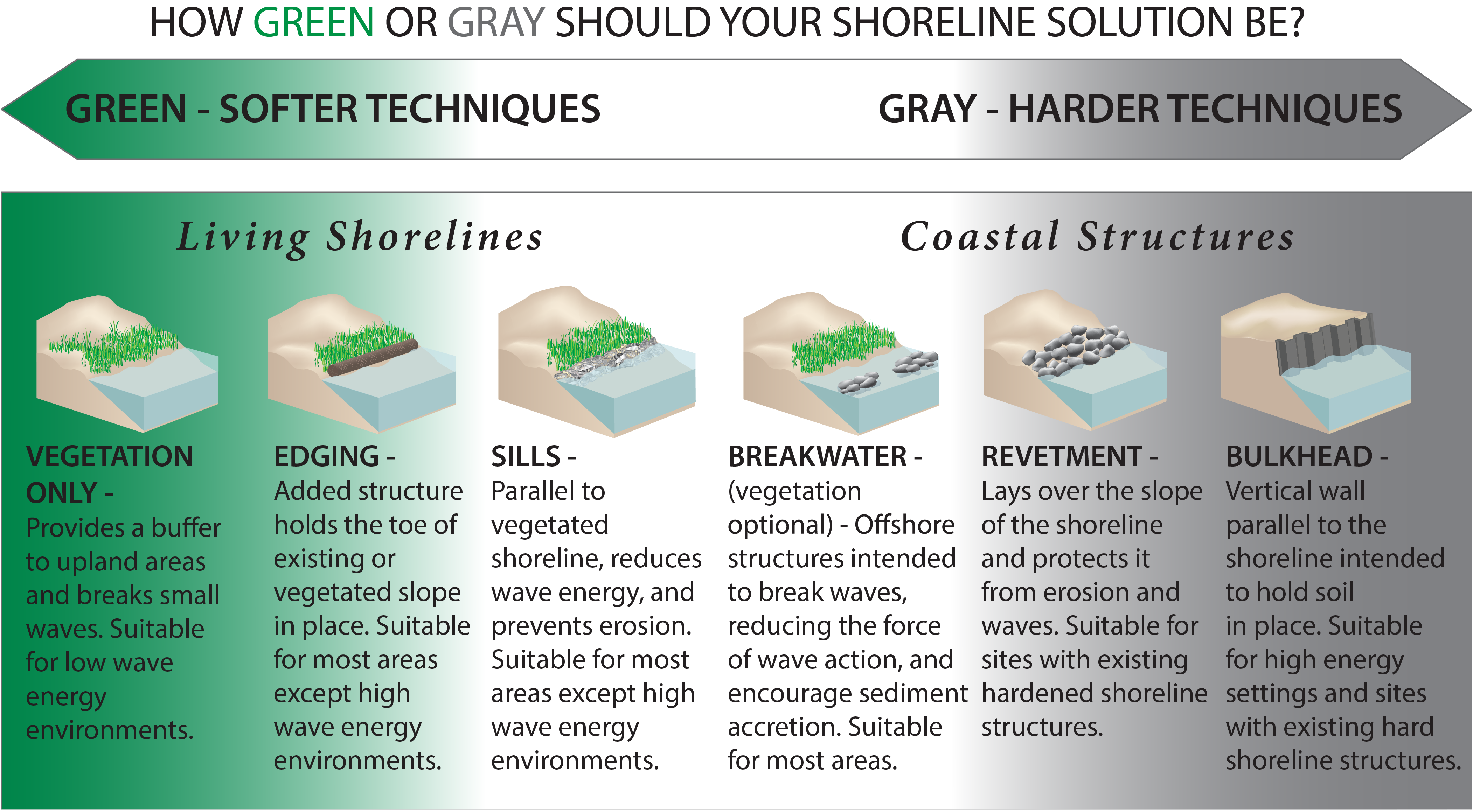Free 2021 Disaster Planning Guides and Evacuation Maps are now available in Citrus, Hernando, Manatee and Sarasota counties. The guide, published annually by the Tampa Bay Regional Planning Council, is also available in Spanish for Manatee and Sarasota counties.
Hurricane season begins June 1 and lasts through November 30, but residents should start to prepare before the season begins. Even those who have weathered many hurricane warnings still need think about how to best prepare, evacuate and recover should a storm strike.
The Disaster Planning Guide is filled with important information and suggestions on evacuating, sheltering in place, preparing pets, insurance and protecting your property.
Hurricane evacuation zones can change, and residents should check the latest map to know their evacuation zone and be ready if local authorities mandate leaving. The county-specific guides also include an updated list of shelters, including which shelters are designated for people with special medical needs and which allow pets.
These county-specific guides also offer many more helpful suggestions, such as:
- Establish two family meeting places: one near your home and another outside your neighborhood.
- Send copies of important documents, including insurance papers, to a contact person outside the area for safekeeping. Important documents should also be scanned and uploaded to a cloud-based digital storage service.
- Microchip your pet now so that you can be reunited if you are separated during a storm.
- Stock essentials in your hurricane kit, such as a flashlight, portable radio and plenty of nonperishable foods.
- Get a garbage can with a tight-fitting lid and spare bags of cat litter. They can be used as an emergency toilet.
- Plan your evacuation route ahead of time and place paper maps in your car in cellular service and GPS maps are unavailable.
- Withdraw extra cash and fill your fuel tank as a storm is approaching. Bank ATMs and gas pumps will not work if the electricity is out.
- Register with the county and your utility/power company if you are dependent on electrical medical equipment. This will provide for getting you transport to a medical shelter, and priority when power is being restored during a power outage.
A digital version of each county’s Guide is available at TampaBayPrepares.org, while printed copies are available in Citrus, Hernando, Manatee and Sarasota counties at many post offices, libraries, and government buildings, while supplies last.
For more details on where to pick up a guide contact:
Citrus:
Captain Troy Hess, Interim Director – Emergency Management
thess@sheriffcitrus.org, 352-422-8127. https://www.sheriffcitrus.org/
Hernando:
Erin Thomas, Emergency Management Coordinator
ethomas@hernandocounty.us, 352-754-4083. https://www.hernandocounty.us/em
Manatee:
Matthew Myers, Emergency Management Coordinator
matthew.myers@mymanatee.org, 941-749-3500. https://mymanatee.org/
Sarasota:
Anne Miller, Emergency Management Officer
ammiller@scgov.net, 941-861-5930. https://www.scgov.net/
For information about Hillsborough, Pasco, and Pinellas County guides, contact:
Hillsborough County Emergency Management
Pasco County Emergency Management
Pinellas County Emergency Management
In addition, Tampa Bay Regional Planning Council is working with area municipalities and business groups to prepare local businesspeople for hurricanes. It’s estimated that as many as 40% of the area’s small businesses would permanently close if a Category 5 hurricane made a direct hit on our region.
A storm would damage or destroy much of the infrastructure needed for small companies to survive, from roads to power sources to technology. As part of Project Phoenix 2.0, a “train the trainer” course is available for governments and business groups. For more information, visit the Project Phoenix 2.0 web page at www.tbrpc.org/phoenix/.
About the Tampa Bay Regional Planning Council
The Tampa Bay Regional Planning Council brings together governments to coordinate planning for the community’s future and provide an opportunity for sharing solutions among the local government jurisdictions in the Tampa Bay region. The TBRPC works with six counties and 21 municipalities as they make long-range plans related to the future of the Tampa Bay region. The Council’s work focuses on resiliency, planning for climate change and sea level rise, environmental management, water quality, emergency preparedness planning, protection and restoration of the Tampa Bay estuary, economic analysis, coastal zone management, housing and infrastructure analysis, local government comprehensive plan reviews, cross acceptance, dispute resolution and reviews of transportation plans. Learn more at tbrpc.org.




